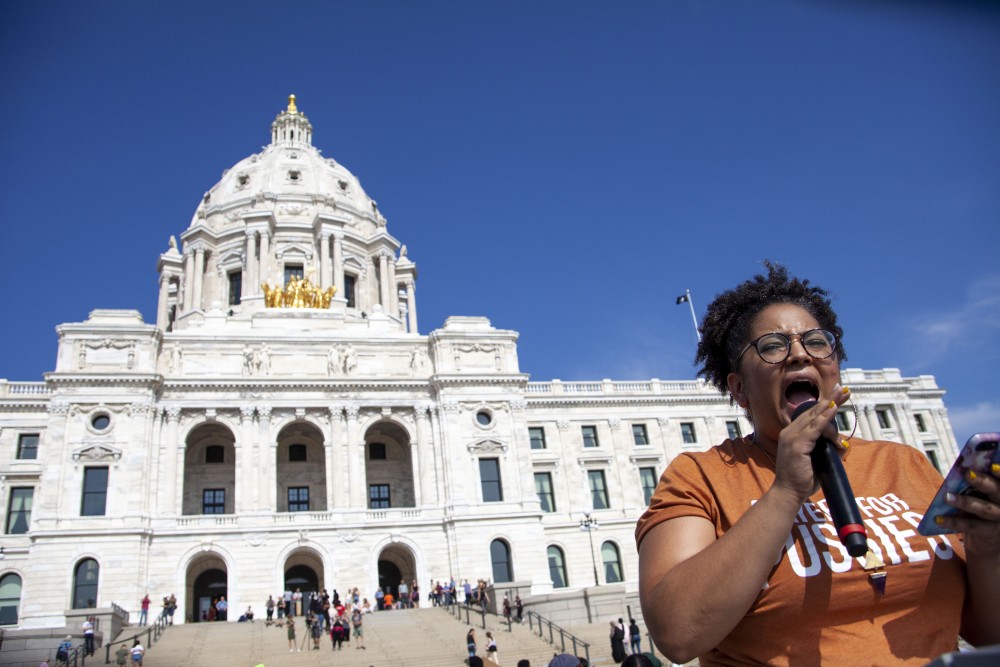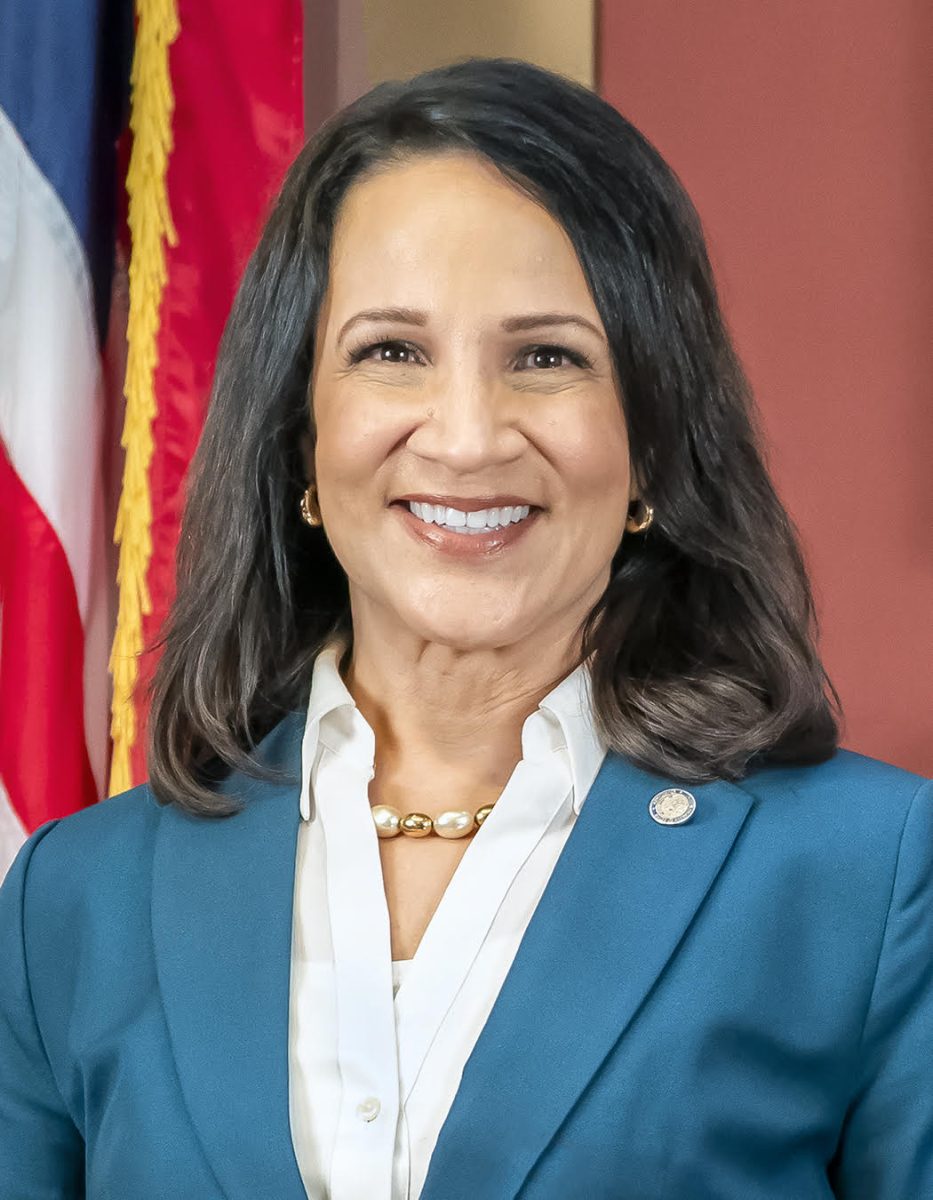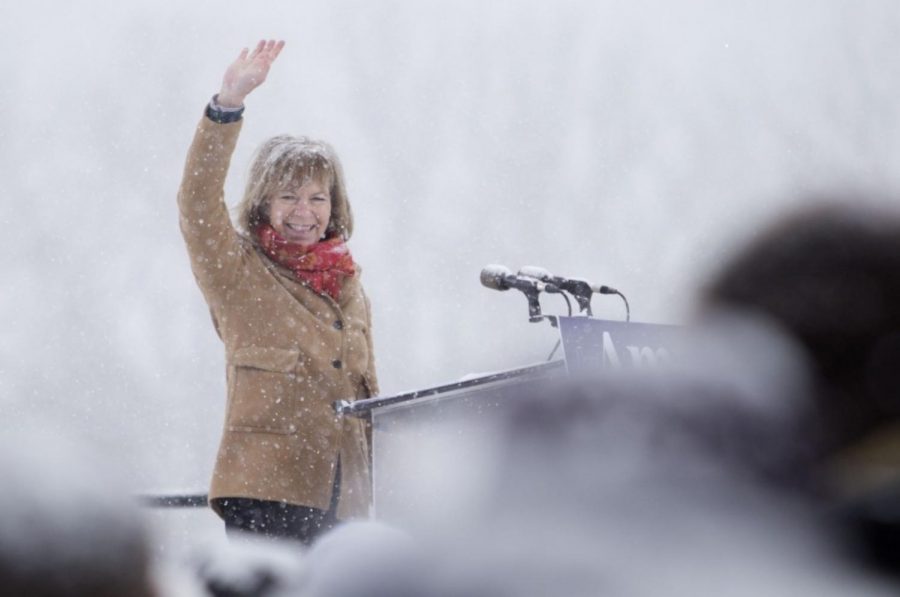Amid youth activists’ calls for more action, legislators are aiming to take a more aggressive approach to fighting climate change.
House DFL lawmakers announced the formation of the Climate Action Caucus on Sept. 19 alongside Minnesota Youth Climate Strike organizers. Members of the caucus plan to create an agenda for climate change legislation based on input from Minnesotans statewide.
Lawmakers made the announcement on the eve of the Youth Climate Strike on Sept. 20, an international demonstration whose Minnesota arm had thousands marching on the capitol building in St. Paul. Experts and activists say the caucus is a step in the right direction.
The caucus will develop an agenda called the Minnesota Climate Action Plan to outline policy goals, like growing the state’s clean energy sector and reducing carbon emissions. Caucus member Rep. Mohamud Noor, DFL-Minneapolis, said public engagement will play a large part in crafting those goals.
“When we engage the people and they come with ideas and they come with solutions … I think that’s the main purpose of this caucus,” Noor said.
Noor said the urgency of the issue will require both sides of the aisle to collaborate on climate change legislation. A vote last session, in which 50 House Republicans declared their denial that humans cause climate change, was a wake-up call, he said.
“This is not about Republicans or Democrats or independents — this is all about [us] living and breathing the same air,” Noor said. “The public is listening and elected officials will be listening and I’m sure that the message is loud and clear to everybody.”
Jack Inglis, a University of Minnesota medical student and co-chair of Health Students for Healthy Climate, said it’s “about time” that lawmakers pay attention to climate change. The group, which took part in the climate strike demonstrations, plans to meet with Chair of Climate Action Caucus Rep. Patty Acomb, DFL-Minnetonka, next week.
“It definitely helps to have legislators focused on this issue and pushing for policies and gathering information from Minnesotans to guide the best way forward.”
Among Midwestern states, Minnesota has been a leader in climate change legislation, said University environmental law professor Alexandra Klass.
But many think the state hasn’t had enough “forward-looking environmental legislation” since former Gov. Tim Pawlenty signed the Next Generation Energy Act of 2007, which focused on boosting renewable energy and reducing greenhouse gas emissions through regulations, Klass said. Other states have since outpaced Minnesota with more aggressive legislation, she said.
“That’s done a huge amount in decarbonizing our electric grid in the state, which is very significant, but it’s not enough,” Klass said.
Klass said that while the caucus’s formation bodes well for more climate change legislation, its effectiveness will rely on coordination between stakeholders and Gov. Tim Walz’s office.
“What kind of industry partners are they going to have in terms of electric utilities and companies?” Klass said. “You need enough partners in the industry and all levels of government to try to get this done.”
The first community feedback meeting in the University district will be held by Noor on Oct. 22 at Van Cleve Park.








